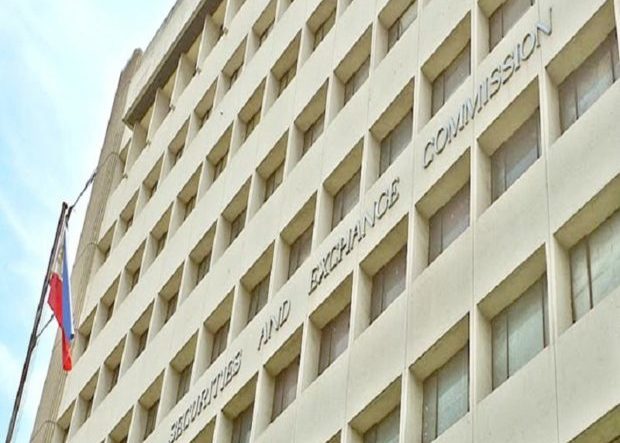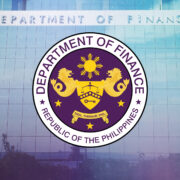Arta okays SEC move to hike regulatory fees

The Securities and Exchange Commission (SEC) is one step closer to implementing higher regulatory fees after the Anti-Red Tape Authority (Arta) gave the green light for the proposed hike.
SEC Commissioner McJill Bryant Fernandez told reporters last week that the Arta, which is in charge of reviewing issuances of government agencies to ensure ease of doing business, had already issued a “no objection” certificate for the commission’s new rates.
“It’s basically saying that it’s within our authority [to increase regulatory fees],” Fernandez said.
“But what’s more important, and I think we have been very sensitive about the sentiments of the industry, is that ultimately, we will ensure that there will be a reasonable transition,” the commissioner added, noting that it was now a matter of deciding when to implement the changes.
The SEC proposed higher charges in August last year, stressing that the last fee schedule was updated in 2017, based on a 2014 proposal.
‘Unconscionable’
Under the proposed rates, the charge for amending by-laws or articles of incorporation will rise to as much as P3,500 from P1,000 previously, depending on the change.
Fees for corrections, meanwhile, may rise to P15,000 from P3,000.
Companies that want to petition the SEC to set aside a suspension or revocation order may pay up to P20,000 from P3,000.
However, various business groups have pointed out that the hike was “unnecessary and unconscionable,” given economic volatility in the country.
According to Fernandez, they have not heard any more oppositions to the rate hike proposal this time around, adding that their “doors are open in terms of conversation.”
The SEC previously said that companies had a 66-percent compliance rate in terms of submitting required documents, such as financial statements and general information sheets, among others.
While this has improved from around 20 percent “a few years ago,” SEC Chair Emilio Aquino previously noted that some businesses still failed to prepare these documents on time, resulting in delayed submissions and, therefore, penalties.
Aquino urged the companies to just comply with existing rules and regulations to avoid having to pay higher fees and face penalties.
In April, the commission issued higher penalties for companies that will be late in filing requirements set by the regulator. Some fines increased by as much as 900 percent.
















